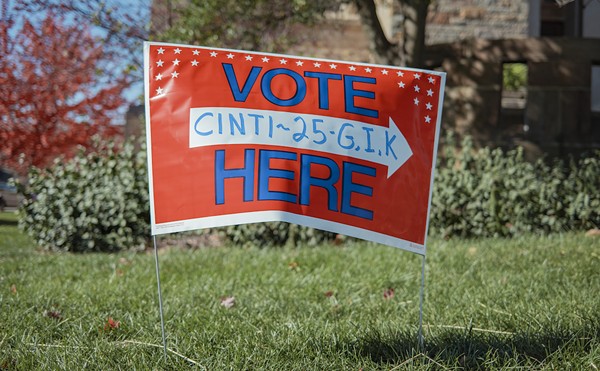The state’s highest court reversed a rape and kidnapping conviction in a Stark County case, saying the presence of the victim at the prosecutor’s table set the defendant up for an unfair trial. The defendant will now be re-tried.
The case involved the conviction of Theodis Montgomery, who was charged with rape and kidnapping of a victim he’d known for 10 years. He was convicted and sentenced to 10 years in prison, while being deemed a repeat offender as well.
During the entirety of the trial, including jury selection, the victim was allowed to sit alongside the prosecutors as a “designated representative,” over the objections of defense attorneys.
Attorneys for Montgomery appealed, arguing that that presence of the victim in the courtroom violated his right to a fair trial.
A 4-3 majority of the court agreed, saying the action “undermines the fairness of the fact-finding process and erodes the presumption of innocence accorded a criminal defendant.”
The case was a test of Marsy’s Law, passed in 2017 as a constitutional amendment that expanded victim rights protections in the state, including the ability for victims to attend court proceedings.
While Ohio law including Marsy’s Law allows victims to be present in the courtroom, the supreme court majority said designating the victim as a prosecutor’s “representative” was a step too far.
“Additionally, the victim of an alleged crime is not a surrogate of the state,” Justice Melody Stewart wrote for the majority. “It is therefore incongruous that a victim could be designated as the representative for the state during the prosecution of the defendant.”
Having the victim located alongside the prosecutor “risked misleading the jury into thinking that just as defense counsel represents the defendant, the prosecuting attorney represents the alleged victim, or even more harmful, that the alleged victim … and the prosecution are one and the same,” according to the majority opinion.
“Put simply, Montgomery’s trial did not and could not reliably serve its function as a fair and appropriate venue for the determination of his guilt,” Stewart wrote.
The case will now go back to the lower court so Montgomery can face another trial.
A version of this story was originally published by the Ohio Capital Journal and republished here with permission.
Stay connected with CityBeat. Subscribe to our newsletters, and follow us on Facebook, Instagram, Twitter, Google News, Apple News and Reddit.
Send CityBeat a news or story tip or submit a calendar event.








